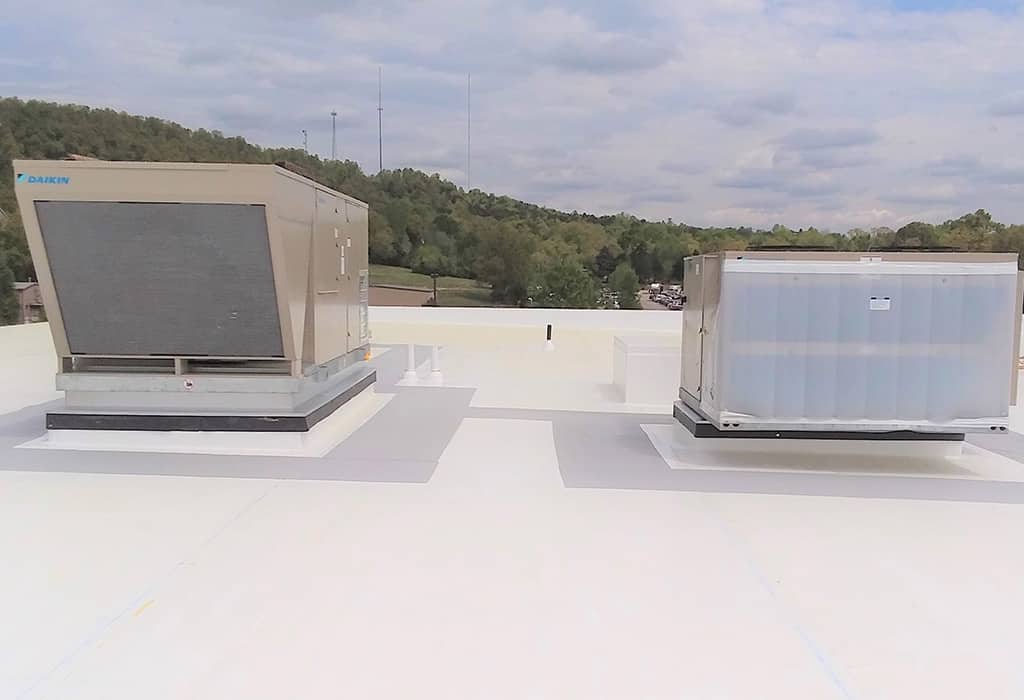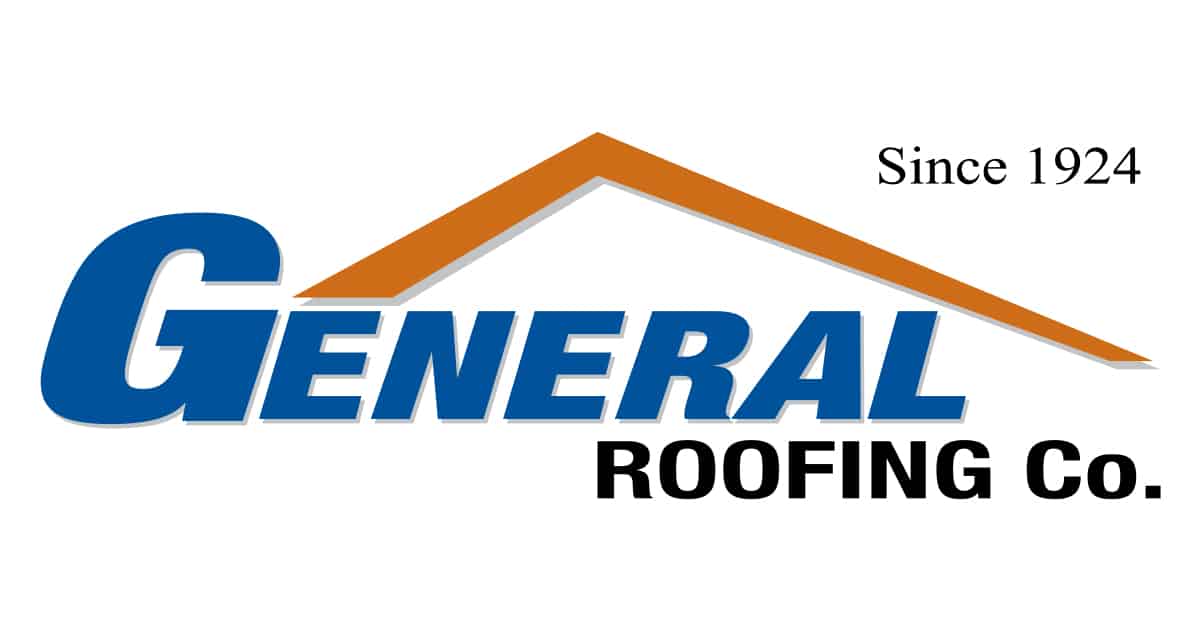
When it comes to commercial and industrial roofing, a common choice, because of how many of these buildings are designed, is some form of flat roof material. This category may seem fairly self-explanatory, however, there are multiple kinds of flat roofing materials available, and depending on what kind of business you have, and what you are hoping to achieve with your roofing choice, some options may be a better solution than others. Let’s take a closer look at what some of these materials are, and how you can find out what is best for your business.
A Guide to Picking the Right Flat Roof Material for Your Business
If you are a business owner, choosing the right flat roof material for your commercial building is an important decision. A flat roof can be a cost-effective and functional solution for many types of businesses. However, the wrong material can lead to problems such as leaks, energy inefficiency, and early deterioration. In this article, we will discuss some of the most popular flat roof materials and how to pick the right one for your business.
Consider Your Climate
One of the most important factors to consider when choosing a flat roof material is your climate. Different materials perform better in different climates. For example, if you live in an area with high heat and intense sunlight, a material that reflects sunlight such as PVC or TPO might be a good option. In areas with frequent rain, snow or hail, you might want to choose a material that is durable and can withstand severe weather.
Types of Flat Roof Materials
- Built-Up Roofing (BUR)
Built-up roofing (BUR) is one of the oldest and most common types of flat roofing. BUR consists of layers of felt, asphalt, and gravel or tar that are applied to the roof in multiple layers. The layers are then heated to create a strong, durable seal. BUR is a cost-effective option for low-slope roofs, and it is also fire-resistant.
- Modified Bitumen
Modified bitumen is a type of asphalt-based roofing that has added polymer modifiers. These modifiers increase the durability and flexibility of the material, making it less prone to cracks and tears. Modified bitumen is an affordable option that is easy to install and maintain. It also has good resistance to UV rays, water, and fire.
- TPO Roofing
Thermoplastic Olefin (TPO) roofing is a newer type of flat roof material that has gained popularity in recent years. TPO is made of a single-ply membrane that is welded together to create a seamless surface. TPO is highly reflective, which helps to reduce energy costs. It is also resistant to UV rays, chemicals, and punctures. TPO is a good choice for businesses that want a durable, low-maintenance roof.
- EPDM Roofing
Ethylene Propylene Diene Monomer (EPDM) roofing is a synthetic rubber material that is commonly used for flat roofs. EPDM is a popular option because it is durable, easy to install, and relatively inexpensive. It is also resistant to UV rays and weathering. However, EPDM can be punctured by sharp objects, and it is not as energy-efficient as other flat roof materials.
- PVC Roofing
Polyvinyl Chloride (PVC) roofing is a single-ply membrane that is made of thermoplastic material. PVC is a highly reflective material that can reduce energy costs by up to 40%. It is also resistant to fire, chemicals, and punctures. PVC is a good choice for businesses that want a low-maintenance, energy-efficient roof.
Cost
Another important factor to consider when choosing a flat roof material is the cost. The cost of a flat roof can vary widely depending on the type of material, the size of the roof, and the complexity of the installation. Generally, built-up roofing and modified bitumen are the most affordable options, while TPO and PVC are more expensive. However, it’s important to keep in mind that the initial cost is not the only cost to consider. Some materials, such as TPO and PVC, are more energy-efficient, which can lead to lower long-term costs.
Maintenance
Another important consideration when choosing a flat roof material is maintenance. Some materials require more maintenance than others, and it’s important to choose a material that fits your budget and schedule. Built-up roofing and modified bitumen require regular inspections and maintenance to prevent leaks and damage. TPO and PVC are relatively low-maintenance, but they should still be inspected regularly to ensure that they are in good condition.
Environmental Impact
Finally, it’s important to consider the environmental impact of the flat roof material you choose. Some materials, such as PVC, can be recycled at the end of their useful life, while others, such as BUR, are not recyclable. Additionally, some materials are more energy-efficient than others, which can help to reduce your building’s carbon footprint. If sustainability is a priority for your business, be sure to consider the environmental impact of your flat roof material.
In conclusion, choosing the right flat roof material for your business is an important decision. Consider your climate, the types of flat roof materials available, the cost, maintenance requirements, and environmental impact when making your choice. By doing your research and consulting with a roofing professional, you can find a flat roof material that meets the unique needs of your business and provides long-lasting protection for your building.
Ask an Expert
There is plenty more to learn about all of these flat roof materials, and trying to absorb all of the information and make an educated decision on what is best for your business can be overwhelming. In any circumstance, feel free to reach out to our roofing experts to discuss what your needs and wants are. General Roofing has the knowledge and experience to make your industrial or commercial roofing project successful. Contact us today!

Recent Comments